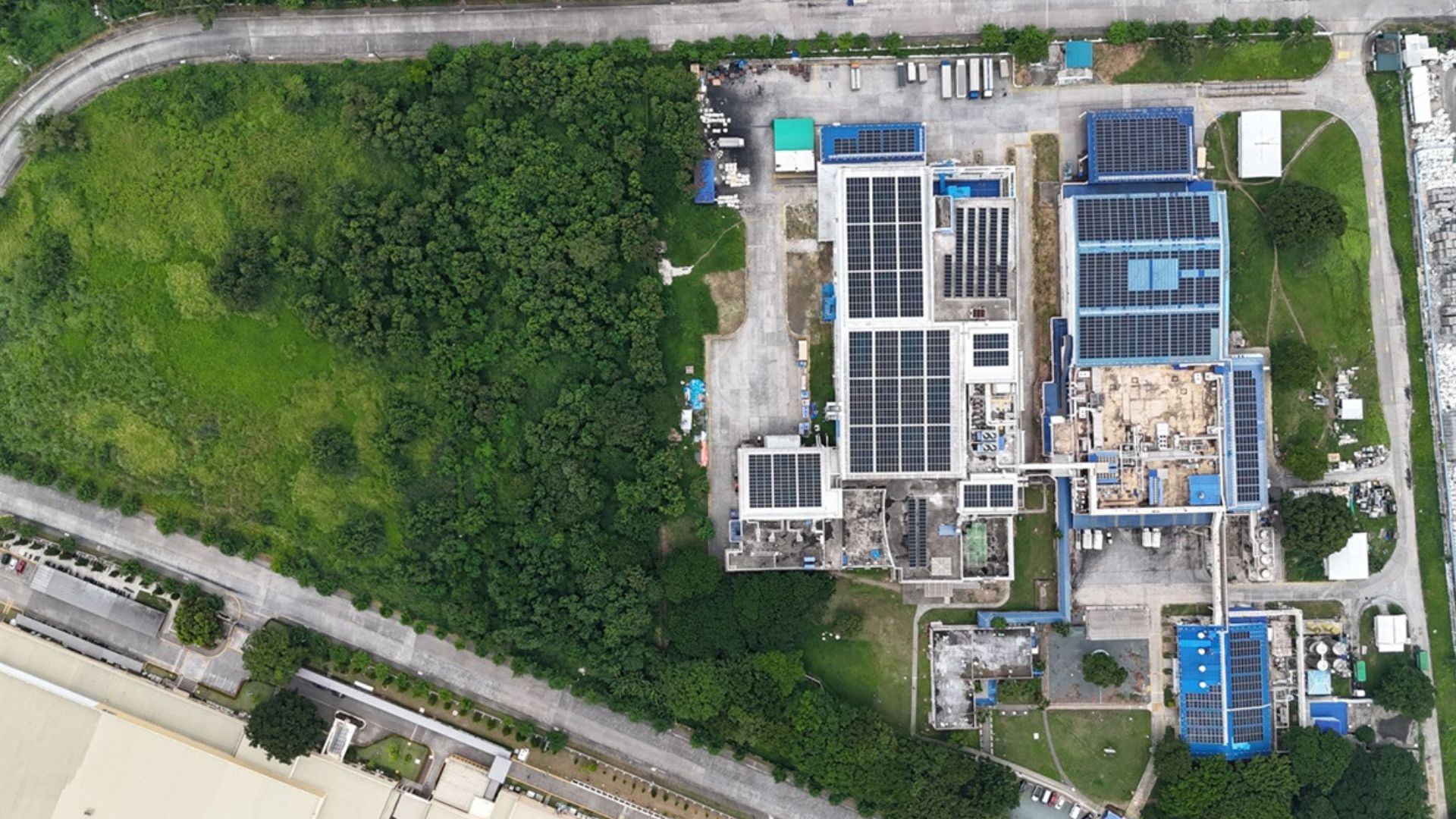For nearly a century, Unilever has championed operational excellence in its factories—continuously innovating to deliver high-quality products that delight Filipino consumers. To date, over 90% of Unilever products sold in the Philippines are locally manufactured, including its Foods portfolio in their 7.5-hectare Foods factory in General Trias, Cavite. The Unilever Foods business is among its largest business units in the country.
For generations, Filipinos have created cherished memories with loved ones over timeless kitchen staples like Lady’s Choice Mayonnaise and Sandwich Spreads, and Knorr Sinigang and Bouillon cubes — made possible by Unilever’s enduring commitment to crafting flavors that delight the Filipino palate.
The factory is operated by 700 personnel, led by 275 Unilever employees and supported by a wider network. This versatile facility produces a wide range of products—including mayonnaise, sandwich spreads, and salad dressings—in multiple formats, from single-serve packaging and jars to large tubs. It also packs bouillon cubes and meal-maker powders, catering to both retail consumers and institutional clients.

With its commitment to quality and safety, products like Lady’s Choice and Best Foods are exported to Malaysia, Singapore, Hong Kong, and Taiwan, while its Hellmann’s products reach Australia, Indonesia, the US, Canada, and Hong Kong.
Over the past three years, the Unilever Foods factory in Cavite has boosted its production capacity by 25% and output by 20%, establishing itself as one of Unilever’s largest food manufacturing facilities worldwide. This growth is driven by strategic investments in automation—over 80% of production lines are now fully automated from mixing to packing and palletizing, with zero human touch. These advancements have elevated safety, productivity, quality, and scalability. To stay ahead of innovation, Unilever remains committed to continuously upskilling its workforce for next-generation technologies.
“At Unilever, our supply chain is the engine that powers our operations,” says Navdeep Singh, Head of Customer Operations Greater Asia and Head of Supply Chain Philippines. “As consumer expectations evolve toward speed, personalization, and reliability, we’re committed to delivering high-quality products through a supply network that’s agile, resilient, and built for value.”
Energizing the Foods Factory
In early June 2025, Unilever inaugurated its newly installed solar photovoltaic panels at the Cavite Foods ffactory in a ceremony led by local government officials and members of Unilever’s leadership team. This marks a major milestone in the company’s sustainability journey towards its net zero commitment, aiming for a 100% reduction in operational emissions by 2030 compared to a 2015 baseline.
The 1,211-kilowatt solar installation, capable of generating 1,847 megawatt-hours annually, now powers the savory and dressings production lines as well as its utilities building. This complements the factory’s long-standing use of geothermal energy.

The commercial case for renewable energy is compelling, and the company’s move to add solar energy in its renewable energy mix takes this a step further. On-site generation of solar power reduces costs and eliminates distribution losses. Solar energy also offers inflation-proof pricing, providing a hedge against long-term cost increases. The projected savings from this program will be reinvested into further operational efficiencies.
“This initiative builds on our long-standing use of renewable energy for our factories, offices, and facilities. We are building from strength to strength in our operations and sustainability commitments,” shared Arvind Sunderrajan, Unilever Foods Head of Supply Chain for the Philippines and Greater Asia.







